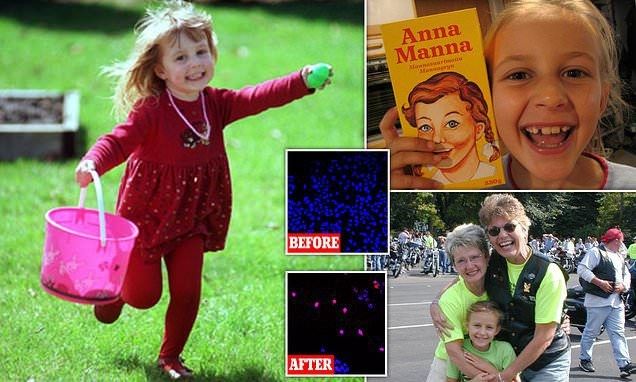Scientists have developed a groundbreaking cancer drug, codenamed AOH1996, that has the potential to kill all solid cancer tumours while leaving other cells unharmed.
The new molecule specifically targets a protein present in most cancers, which plays a crucial role in the growth and multiplication of tumours.
This protein, known as the proliferating cell nuclear antigen (PCNA), was previously considered “undruggable.”
The drug underwent testing on 70 different cancer cell types in the laboratory, including breast, prostate, brain, ovarian, cervical, skin, and lung cancer, and demonstrated its effectiveness against all of them, the Daily Mail reported.
The drug’s development was a result of 20 years of research conducted at the City of Hope Hospital in Los Angeles, one of America’s leading cancer centres.
It is named after Anna Olivia Healey, a nine-year-old victim of neuroblastoma who inspired the research team to find a cure in her memory. The name of the drug comprises Anna’s initials plus the date she was born.

Dr Linda Malkas, the leader of the research team, had a profound encounter with Anna’s father shortly before the young girl’s passing. This meeting inspired her to dedicate her efforts to finding a cure for cancer in Anna’s memory, who died in 2005.
While there is hope that this drug could revolutionise cancer treatment and potentially lead to cancer being curable within the next decade, it is currently in a Phase 1 clinical trial on humans at the City of Hope.
Dr Malkas, explained that the drug selectively disrupts DNA replication and repair in cancer cells without harming healthy cells.
This approach offers promising results as the drug can suppress tumour growth on its own or in combination with other cancer treatments without causing toxicity.
The research team discovered that PCNA plays a critical role in DNA replication and repair in cancer cells, making it an attractive target for therapy.
The new therapy focuses on a cancerous variant of PCNA, a protein that plays a critical role in DNA replication and repair within growing tumours.
In its mutated form, this protein is critical in DNA replication and repair of all growing tumours.
The therapy specifically targets this variant to combat the progression of cancer, making it a potential breakthrough in cancer treatment.
As of now, the results have been encouraging, showing potential for personalised and targeted cancer medicines.
Further research and clinical trials will be conducted to improve and understand the mechanism of action better.
The City of Hope Hospital has a history of pioneering translational research, leading to the development of lifesaving cancer drugs like trastuzumab, rituximab, and cetuximab.
